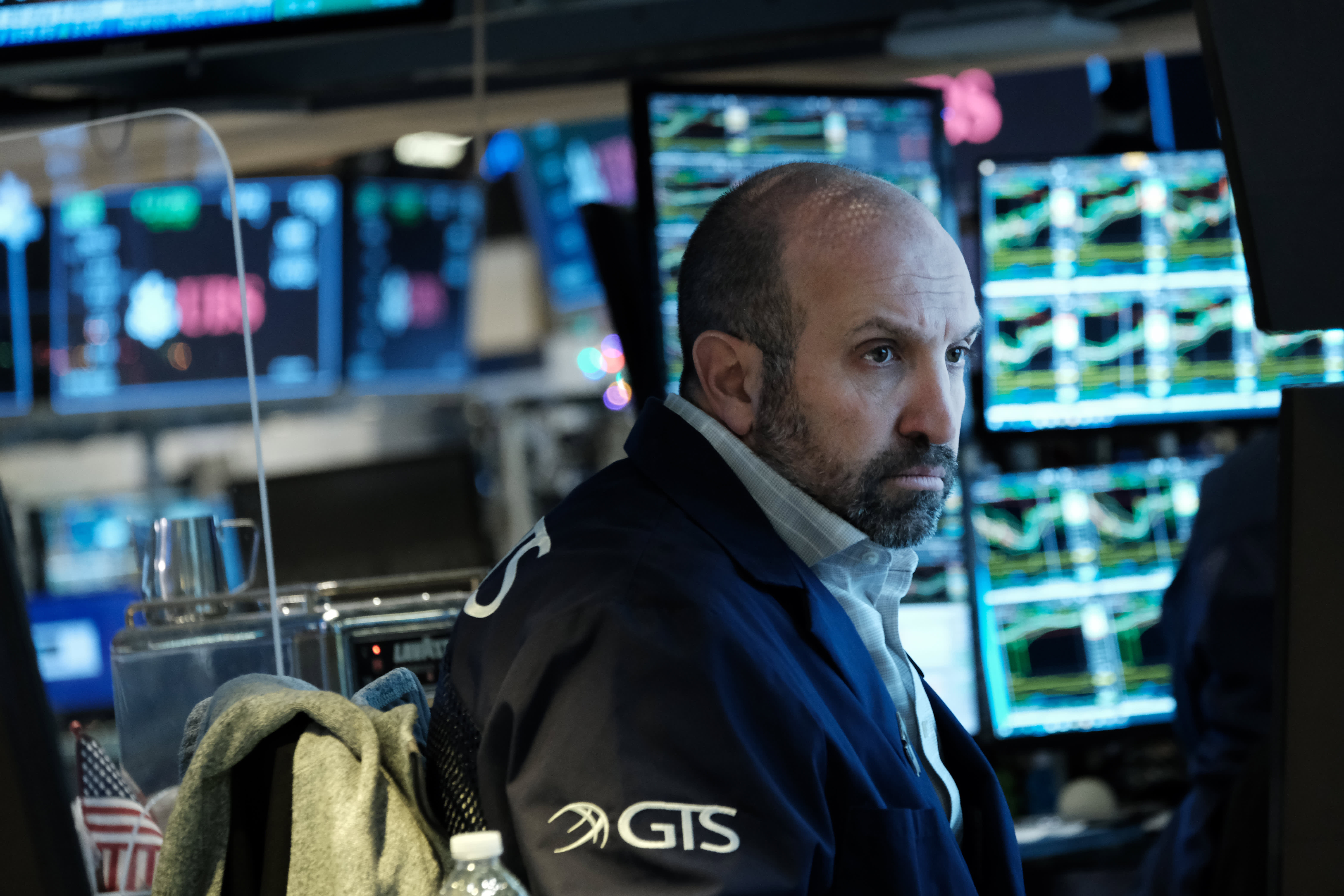Stock futures climbed in overnight trading on Monday following a rebound on Wall Street as investors reassessed risks associated with the new omicron Covid variant.
Futures on the Dow Jones Industrial Average gained 110 points. S&P 500 futures and Nasdaq 100 futures both rose 0.3%.
The overnight action came after a broad-based comeback that saw the S&P 500 jump 1.3% with all 11 sectors registering gains. Major averages rose to session highs on Monday after President Joe Biden said economic lockdowns are currently off the table and there will be no new travel restrictions. The blue-chip Dow ended the day up more than 200 points.
“We stay invested for now as a new virus strain and European COVID surge are hurting risk sentiment,” Jean Boivin, head of BlackRock Investment Institute, said in a note Monday. “Any delay of the powerful restart now means more later.”
The new Covid variant, first detected in South Africa, has now been found in more than a dozen countries, causing many to restrict travel. The World Health Organization labeled the omicron strain a “variant of concern” on Friday when the Dow slid 900 points to suffer its worst day since October 2020.
Covid symptoms linked to the omicron variant have been described as “extremely mild” by the South African doctor who first raised the alarm over the new strain. Still, the WHO said it will take weeks to understand how the variant may affect diagnostics, therapeutics and vaccines.
Federal Reserve Chairman Jerome Powell believes that the omicron variant poses a threat to the central bank’s mandate to achieve stable prices and maximum employment, he said in remarks he plans to deliver to Senate lawmakers on Tuesday.
The CBOE volatility index, also known as the VIX or Wall Street’s fear gauge, declined during Monday’s rally but still remained above 22. The gauge spiked 10 points above 28 at one point on Friday.
“This week will be instructive to see if the buy-the-dip approach by investors is still in play, or if markets are vulnerable to a more significant pullback,” said Mark Hackett, chief of investment research at Nationwide.
